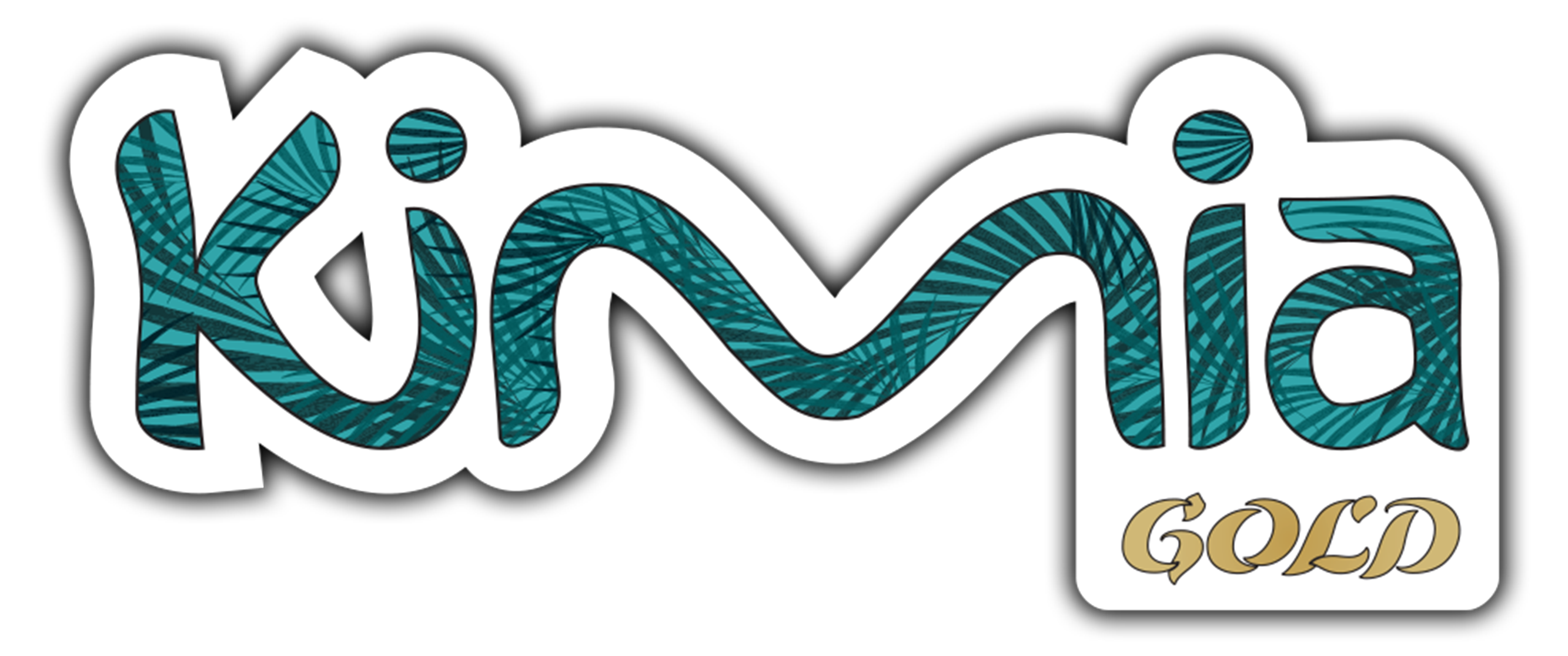
Incoterms are derived from the words (International Commercial Terms) meaning international trade terms. Merchants used to argue with each other over a variety of issues at the time of trading, and over the years the Chamber of Commerce enacted laws to address any problems, and over time it became a set of rules called the Incoterms.
In fact, Incoterms answers all the questions related to the export of goods about the seller and the buyer. Questions that are for all stages of export and import of goods, such as transportation of goods, how to clear goods through customs which is different for each country or any goods, and different stages of transportation and transfer of goods to the destination they all mentioned in Incoterms.
products
Incoterms are divided into how many groups? And what are the rules of Incoterms in each?
Ex Works group: is the first type of Incoterms, which is displayed as group E.
This term means receiving the goods at the point of delivery of the goods, i.e. the person who sells the goods can deliver the goods to the buyer where they are stored or produced. In this method, the buyer is responsible for buying and selling from the time of loading the goods to the customs and insurance of the goods
The second type of Incoterms is called Group F.
This term means that the buyer can specify the place of delivery of the goods .this group includes subcategories:
FCA
The term is derived from the word Free Carrier. The route specified in this law is that the goods are delivered to origin shipping/freight by seller and if the goods are delivered in the country of the buyer, the costs will be with the buyer. In this case, the cost of freight and cargo insurance will be borne by the buyer.
FAS
The term is derived from the words Free alongside Ship, which means that the goods are submit to port for shipping and delivery to buyer, so the risks for the seller ends on the port and buyer is responsible for shipping circumstances and so on …
FOB
These three letters are taken from the words Free On Board. This type of law means that the goods will be delivered to the deck of the ship and all the risk of the seller will be eliminated when the cargo is transferred to the ship. All costs will be borne by the buyer. The transfer contract is delivered at the port and the cost of insurance and inspection is with the buyer.
The third type of Incoterms is called Group C.
CFR
This set of rules of Incoterms means that the goods are delivered to the buyer and all shipping costs to the destination are the responsibility of the seller, but if there is a problem or damage to the cargo will be the responsibility of the buyer. In this law, responsibilities and costs are divided between the seller and the buyer. This group has subsets, we express in order
This subset is taken from the three words Cost and Freight.
In the law of this subset all shipping costs is the responsibility of the seller. Once cargo transferred to the ship, the seller is no longer responsible. The cost which is paid for freight insurance is the responsibility of the buyer and the transforming costs is the responsibility of the seller of the freight.
CIF
First, the words Cost, Insurance, and Freight make up three abbreviations, and is one of the rules of Incoterms. In this law, the costs of moving the cargo and its insurance are the responsibility of the seller.
CPT
These three letters in Incoterms are derived from the words Carriage Paid To. In this law, most goods are transported by land and air, until the goods are delivered to freight, the seller is responsible for cargo, the cost of transportation is with the seller and freight insurance is with the buyer
CIP
These three letters are included in the first words of the Carriage and Insurance Paid. All cargo care up to the place stated in the contract is the responsibility of the seller. The inspection contract must be performed by the buyer.
These three letters are included in the first words of the Carriage and Insurance Paid Incoterms in this law, and all cargo care up to the place stated in the contract is the responsibility of the seller. The inspection contract must be performed by the buyer.
The fourth type of Incoterms Group D terms
In this group, there are terms and rules that the seller of goods and cargo is responsible for the delivery of goods to the destination and all risks that may threaten the goods are the responsibility of the seller. It has a subset which is mentioned below
DAF
These three letters stand for Delivered at Frontier. In this transfer, the train is usually used and an insurance policy can be prepared for the entire time of transportation by rail.
DES (Delivered Ex Ship)
This Incoterms means that the cargo is sent by the seller on the ship and seller is present until reach destination and is delivered to the buyer on deck of freight. The cost of clearance is up to the buyer.
DEQ (Delivered Ex Quay)
This term means that the seller must deliver the cargo to the port and pays the custom tolls finally receive it at the port of the buyer.
DDU (Delivered Duty Paid)
This term means that the goods are delivered to the destination and this delivery is without paying customs duties.
DDP
In this method, the seller delivers the goods to the buyer by paying tolls
| import kimia dates | kimia dates supplier | kimia dates price |

